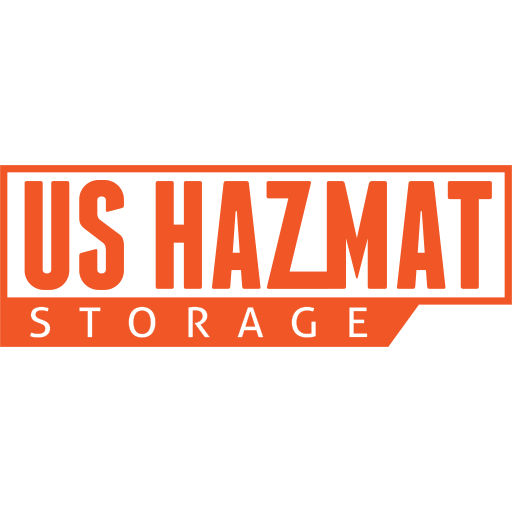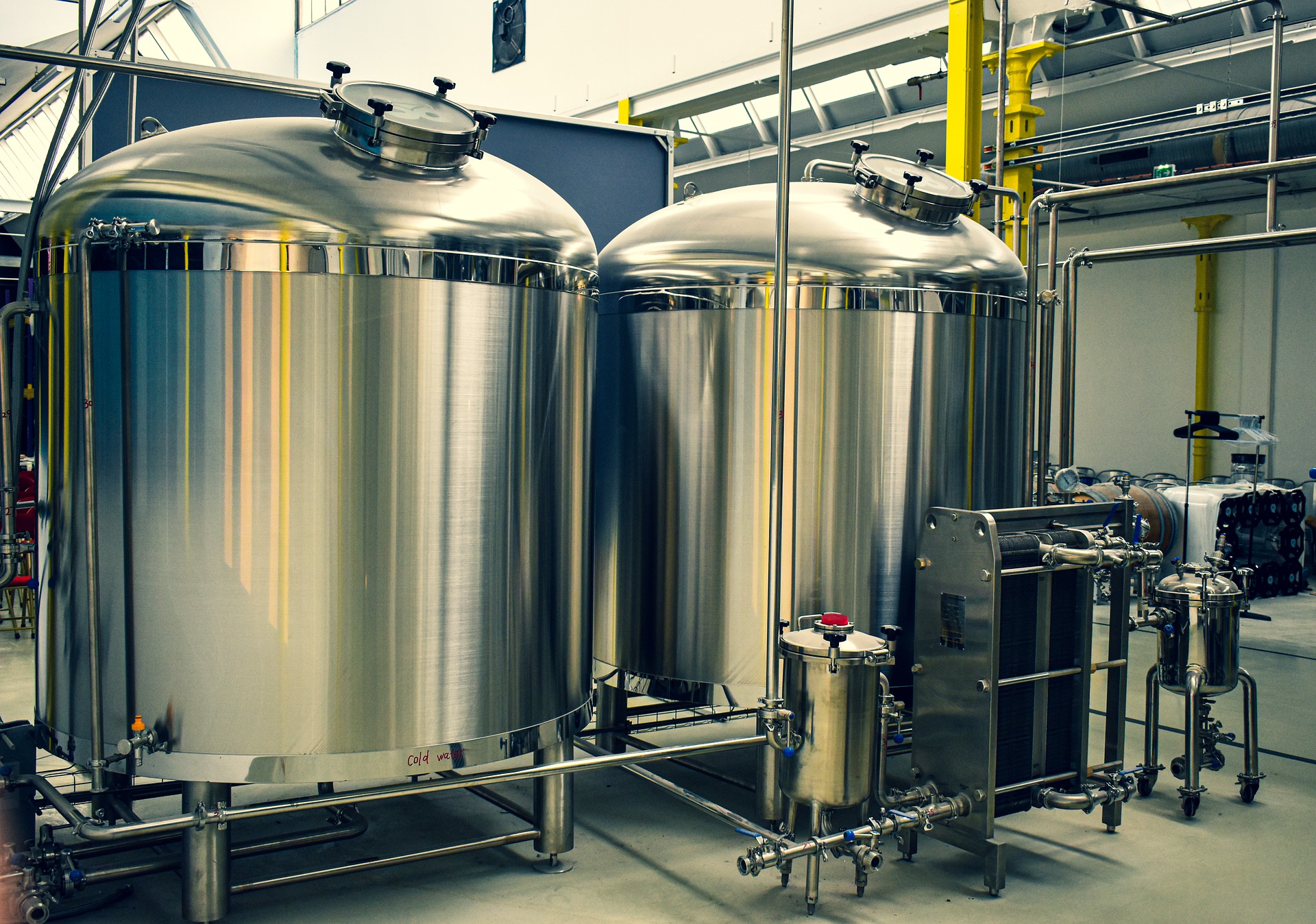Owners of a Memphis brewery are probably in need of a stiff drink following a hazardous material incident that sent 10 people to the hospital last week. Although details remain scant, it appears to afflicted guests inhaled some type of respiratory particulate, causing an adverse reaction. One of those patients remains in critical condition. While breweries often leave patrons’ cups overflowing with a good time and choice hops, these longstanding American institutions give a double meaning to the term, “contents under pressure.” Distilleries carry a host of dangerous chemicals vital to the brewing process. And breweries that skirt safe chemical storage practices could find themselves as the town’s latest speakeasy as they are thrust back to the age of Prohibition for skirting compliant hazardous material storage laws.
Choice Hops and Water-Downed Regulatory Practices

We can’t vouch for the reputation or culpability of the brewery in question. For all we know, the chemical incident could’ve been the result of some customer interaction or a third-party’s careless and reckless behavior. But the fact does remain that breweries have carried their fair share of hazardous materials incidents that seriously injured both guests and employees. Between 2009 and 2012, at least four people died in accidents at craft breweries. Larger breweries, that make 10 times more beer, reported half those deaths. That’s a statistic we need to reverse. Alcohol presents its own list of health risks, but brewery workers need to worry more about compliant chemical storage than the ABV percentage in the latest seasonal porter that’s about to hit the shelves and bar taps.
What Are the Most Dangerous Chemicals Found in Breweries?

Flavorings add to the shelf life of any mass produced commodity, including beer. Many breweries opt for flavoring extracts to a add a bit of zest or kick to their signature lagers and ales. As you might know, liquid flavoring extracts commonly contain alcohol. While small vials of these extracts similar to the ones grandma used for baking cookie are relatively inert, bulk storage of concentrated chemical extracts require OSHA compliant fire-rated storage. U.S. Hazmat Storage’s fire-rated chemical storage lockers can safely and effectively store large quantities of necessary flavorings and extracts. Not only do our highly engineered lockers prevent destructive fires, they also manage and mitigate external factors, like temperature and climate, that can negatively affect the chemical consistency of flavorings.
Industrial grade operations, such as breweries or large-scale food and beverage providers, need industrial strength cleaners once the job is done. Many common cleaners and sanitizers include both bases and acids, including sodium hydroxide, sodium hypochlorite, phosphoric acid, and nitric acid. If exposed to human tissue and organs, these dangerous chemicals can do irreparable damage. The tight welds that make up the cornerstones of our heralded chemical storage lockers can prevent these dangerous chemicals from escaping their secured compartments and contaminating the environment or causing accidental injury to workers and guests. As your brew master considers expansion or the incorporation of a new product line, don’t forget to weigh the merits of compliant chemical storage for breweries. It could keep your brewery’s suds from passing their expiration date before reaching the wallets of thirsty customers!


